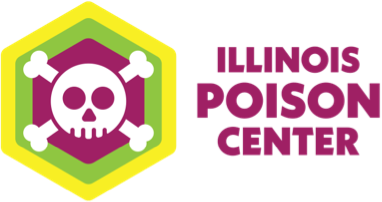Alcohol and Medication Interactions
Do you take prescription drugs? What about over-the-counter drugs? Drinking alcohol while on medication can have serious consequences. How you’ll be affected depends on the specific medicine and amount of alcohol consumed.
How Combining Alcohol and Medicines Can Affect the Body
Alcohol can increase the amount of drug absorbed by the body, which can lead to toxic effects.
Combining alcohol and certain medications can cause you to feel more sleepy, drowsy or lightheaded than just drinking alone or taking the medicines alone. They also can increase the risk of impaired motor function. These effects can occur with cough and cold medicine; over-the-counter sleep aids; and prescription drug for anxiety, depression, mood control, seizures or pain.
They can make it even more dangerous to drive than just drinking alone.
They can increase stomach upset and nausea, or other gastrointestinal side effects.
They can lead to falls and serious injuries, especially among older adults.
Diabetes drugs: Mixing some diabetes drugs with alcohol can make your blood sugar fall too low.
Antibiotics and diabetes drugs: Combining either drug with alcohol can cause sudden a sudden reddening of the face, neck or upper chest; nausea; vomiting, confusion; low blood pressure; and/or abnormal heart rhythms. These medicines usually have a sticker on the prescription bottle warning against consuming alcohol.
Medicines for the Following Common Conditions Can Interact With Alcohol
Allergies, colds, cough and flu
Anxiety and epilepsy
Attention deficit/hyperactivity disorder
Depression
Enlarged prostate
Heartburn and indigestion
High blood pressure
High cholesterol
Infections
Mood control
Nausea and motion sickness
Pain (such as muscle ache, minor arthritis pain), fever and inflammation
Seizures
Severe pain from injury, postsurgical care, oral surgery and migraines
Sleep aids
Who Experiences Greater Effects
Women: Because women are typically smaller than men, a woman will have a more alcohol in her blood than a man who drinks the same amount. As a result, women will be at a higher risk for an alcohol-medication interaction.
Elderly people: Those who are older may experience more drowsiness and motor impairment than younger people. This would occur when combining alcohol with another medicine that causes drowsiness.
Heavy drinkers: People who regularly consume large quantities of alcohol are at more risk of some types of interactions than those who have only an occasional drink.
Your doctor or pharmacist can inform you of how the medications you’re taking might interact with alcohol. It’s important to consult with your doctor or pharmacist before drinking alcohol while on medication.
IPC is here to help. Call our helpline at 1-800-222-1222 if someone you know is experiencing effects from combining alcohol and medicine. Our toxicology experts are available 24 hours a day, seven days a week to answer your questions and provide treatment advice.
